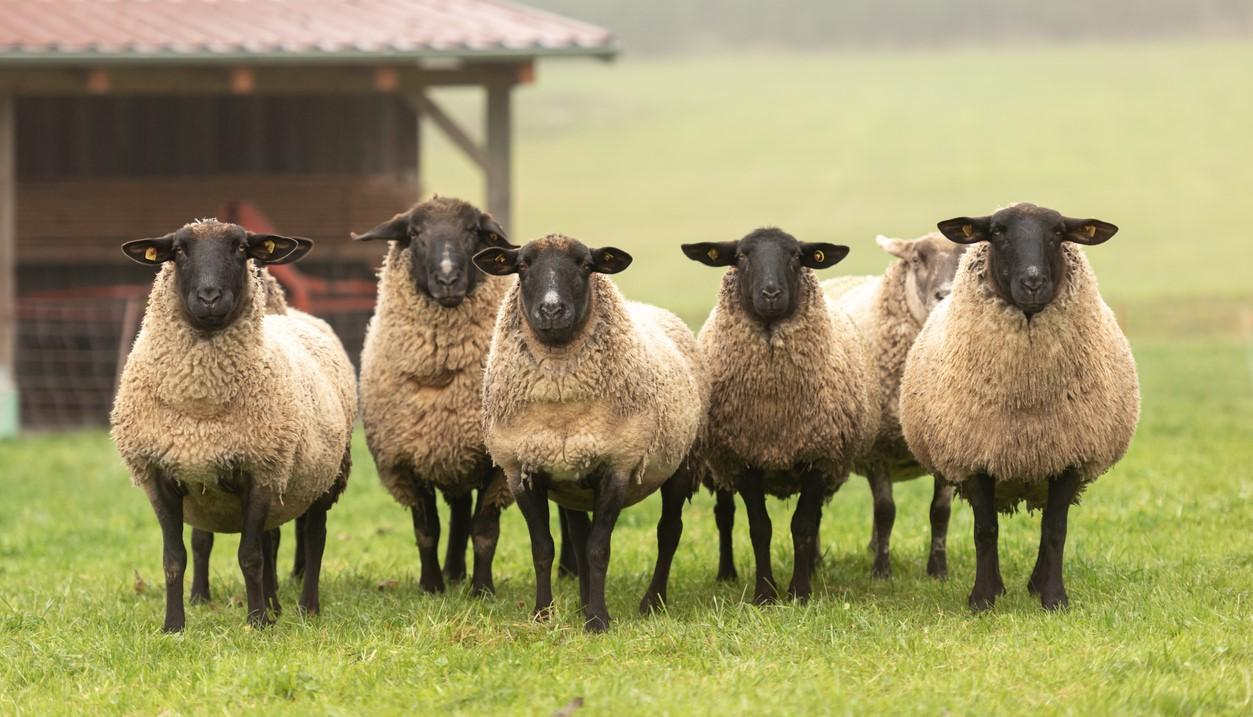
UK public health officials have determined that the likely source of a 2022 outbreak of Shiga toxin–producing Escherichia coli (STEC) O157:H7 was lettuce contaminated by sheep feces washed to the field by heavy rainfall and flooding related to climate change.
The investigation findings, published yesterday in Eurosurveillance, detail how consumption of the tainted lettuce sickened 259 people, 75 of them requiring hospitalization, in August and September 2022. No deaths were reported.
The UK Health Security Agency–led research team conducted whole-genome sequencing, interviewed patients, analyzed patient questionnaires, traced the lettuce back through the supply chain, and used new methods to determine rainfall and temperature before the outbreak, how the affected land was used, and the location of the sheep suspected to be the source of the feces.
"The gastrointestinal tract of ruminants is the ecological niche of STEC, with cattle and sheep being the main animal reservoirs," the investigators wrote. "Food items frequently associated with food-borne outbreaks of STEC O157 include raw or undercooked beef or lamb meat products, unpasteurised dairy products, and fresh produce exposed to rainwater run-off, floodwater, or irrigation water containing animal faeces."
Climate change expected to fuel more outbreaks
The 19 patients interviewed reported exposures such as restaurant dining and eating chicken, salad, or beef. A frequency-matched study involving 41 patients and 206 controls linked the illness to consumption of chicken or salad. Loyalty-card data and supply-chain investigations tied a single lettuce grower to all food service establishments or retailers of interest.
Our new techniques could help to predict and prevent future outbreaks and inform risk assessments and risk management for farmers growing fresh produce for people to eat.
The investigators identified no failures by the lettuce grower, but a geospatial analysis independently identified the grower as the probable outbreak source. An analysis of epidemiologic factors, the food chain, and weather data suggested that floodwater carried STEC-contaminated sheep feces to the lettuce crops.
"Climate change will have increasing impacts on our health and food security," the authors wrote. "Our new techniques could help to predict and prevent future outbreaks and inform risk assessments and risk management for farmers growing fresh produce for people to eat."













